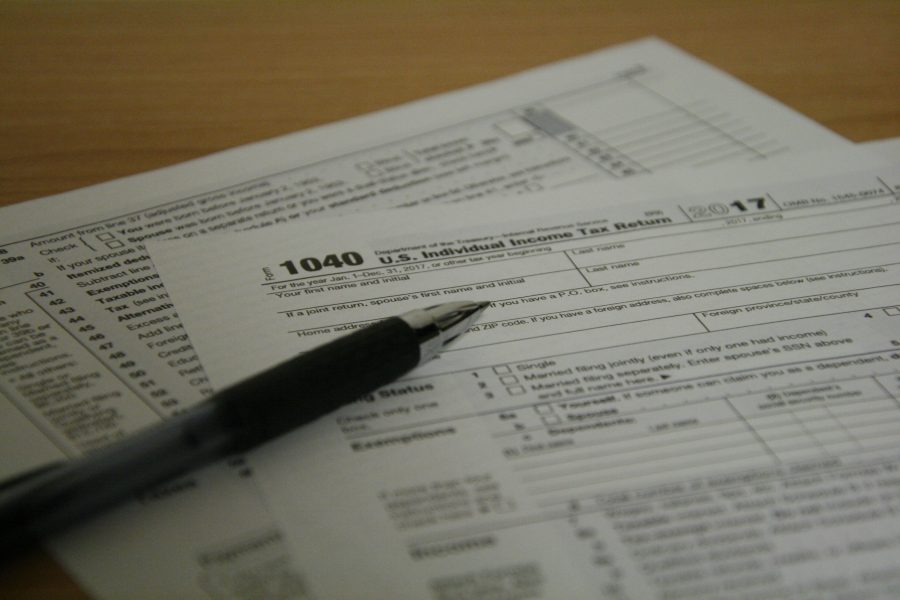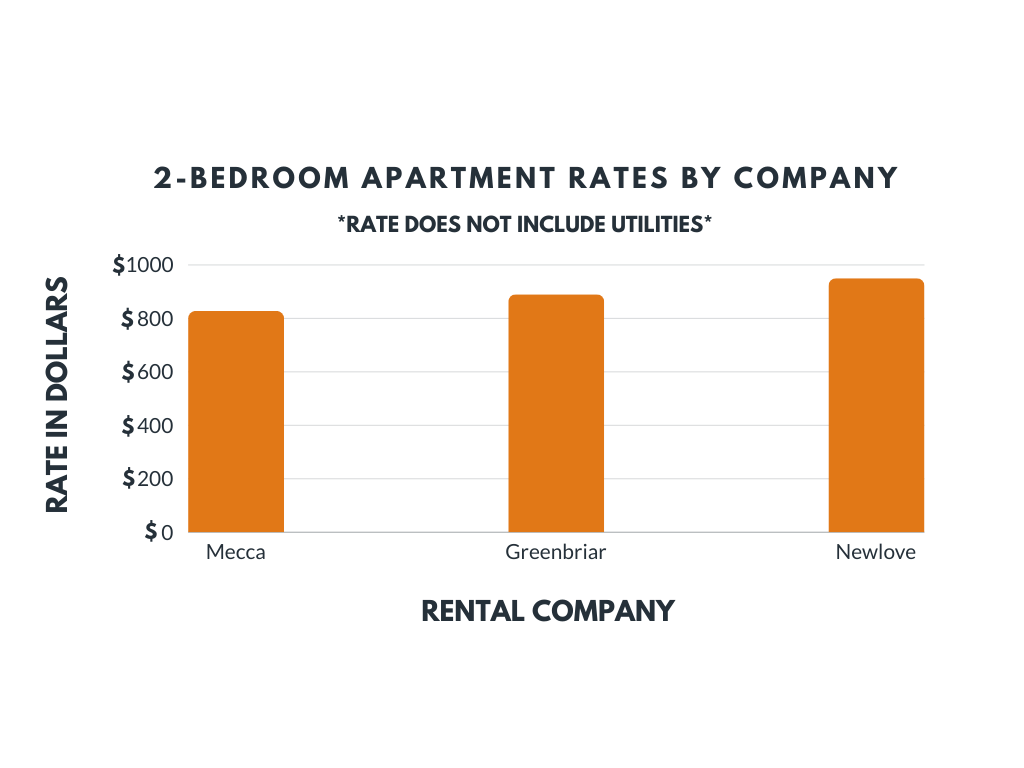University employees will see changes in their paychecks due to recent federal tax legislation, many of which have been seen as beneficial by those affected.
The legislation passed by Congress last December has “been received favorably by employees,” Kate Behr, the associate controller in the University’s Financial Accounting and Reporting office, said. The changes, which were implemented in January, came into clear effect this February on payrolls.
Changes caused by the tax law most directly affect the school’s implementation of taxes in deciding paycheck amounts. This has meant most employees will see less tax deductions in their salaries, Behr said.
One of the biggest changes for University employees will be toward their spots in tax brackets, which are used to decide how employees with access to certain levels of income will be taxed. For the most part, employees in higher brackets pay higher taxes. According to Behr, many employees may see themselves falling into lower brackets while maintaining the same income, therefore receiving lower deductions out of their paychecks.
The size of some brackets remains the same in this new system, however. The two lowest-income brackets, which respectively address single , unmarried employees earning $0 to $9,525 or $9,525 to $ 38,700 per year, as well as heads of household and married couples filing jointly and separately in the same brackets, are unchanged.
University staff will also see lower rates applied to these tax brackets. Whereas rates tended to increase by larger percentages in every bracket in the old system, the new system will see percentages change in smaller amounts. For example, a bracket that held a 10 percent tax and was once followed by a bracket with 15 percent tax in the old system will now see the same bracket have only a 12 percent tax applied.
Though most brackets have seen a change in taxing percentages, some maintain the same rates as before.
For many employees, this is financially positive but can change how yearly taxes are completed. Behr recommended using the IRS’ online tax calculator and utilizing its tutorials to ensure whether items like allowances have changed with the tax reform.
The tax reforms also cover other aspects of finances the University is not directly responsible for, including capital gains and mortgage interest, which employees will review when doing their taxes.
While the legislation greatly affects staff at the University, it appears to currently have little impact on the school’s management. “It doesn’t affect the University so much as the employees,” Behr said. “[There is] some impact, but nothing we are immediately worried about.”
Some aspects of University payments will be altered, however. Prior to the reform, employees purchasing parking passes could take the funds for them out of their paychecks as a pre-tax purchase; the passes could be viewed as exempt from arguments about staff taxation and purchases did not need to be reported to state or federal governmental bodies. Now, the University will most likely need to report these parking passes and consider them as factors relating to an employee’s taxation.
Though the current federal administration has affected much economical change for Americans, Behr said she does not anticipate more changes to occur this year for University employees and that the now visible changes will not be compounded soon.
Currently, Behr said the Financial Accounting and Reporting office is more concerned about following the guidelines to implement changes.























